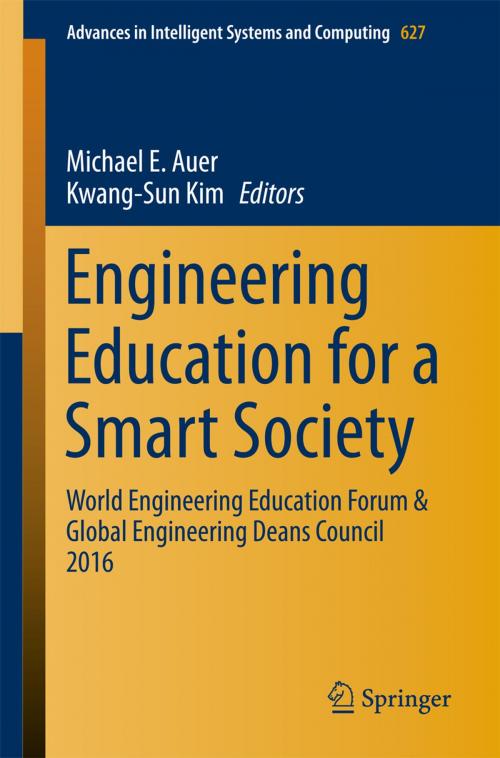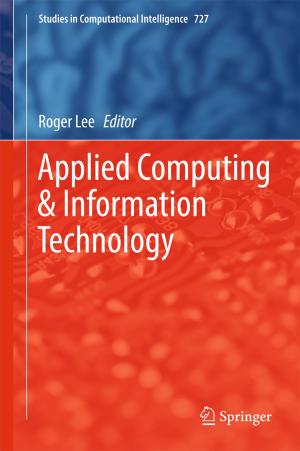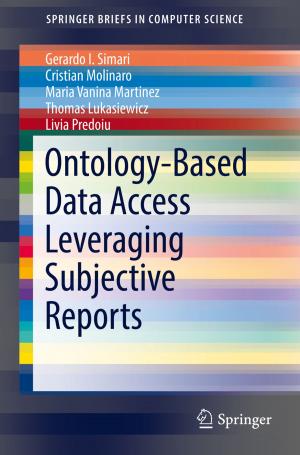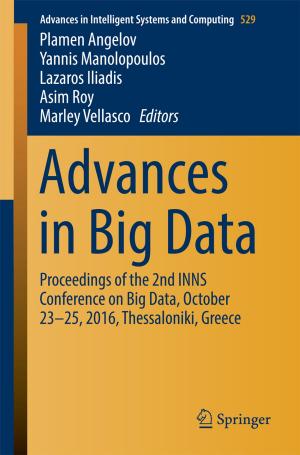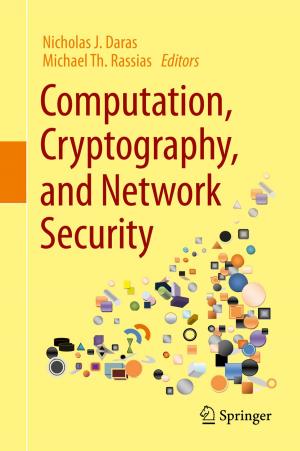Engineering Education for a Smart Society
World Engineering Education Forum & Global Engineering Deans Council 2016
Nonfiction, Computers, Advanced Computing, Artificial Intelligence, General Computing| Author: | ISBN: | 9783319609379 | |
| Publisher: | Springer International Publishing | Publication: | July 5, 2017 |
| Imprint: | Springer | Language: | English |
| Author: | |
| ISBN: | 9783319609379 |
| Publisher: | Springer International Publishing |
| Publication: | July 5, 2017 |
| Imprint: | Springer |
| Language: | English |
This book presents selected papers from the ‘World Engineering Education Forum & Global Engineering Deans Council,’ held in November 2016 in Seoul, Korea.
The massive changes currently underway in all areas of society, especially in engineering (and consequently in engineering education), call for new pedagogic qualifications and approaches. To face these current real-world challenges, higher education has to find innovative ways to quickly respond to these new needs.
The papers gathered here address three essential problems:
- The main approach to engineering in the 21st century is collaboration - at many levels, within universities or colleges, between institutions, and on a global scale. At the same time, we need a new quality of collaboration between academia, industry, professional and governmental organizations.
- The complexity of engineering projects and solutions is rapidly growing, and increasingly includes non-technical aspects.
- One of the key tasks for future engineers will be the development of a sustainable society, which is essential to keeping the global environment in balance.
This book presents selected papers from the ‘World Engineering Education Forum & Global Engineering Deans Council,’ held in November 2016 in Seoul, Korea.
The massive changes currently underway in all areas of society, especially in engineering (and consequently in engineering education), call for new pedagogic qualifications and approaches. To face these current real-world challenges, higher education has to find innovative ways to quickly respond to these new needs.
The papers gathered here address three essential problems:
- The main approach to engineering in the 21st century is collaboration - at many levels, within universities or colleges, between institutions, and on a global scale. At the same time, we need a new quality of collaboration between academia, industry, professional and governmental organizations.
- The complexity of engineering projects and solutions is rapidly growing, and increasingly includes non-technical aspects.
- One of the key tasks for future engineers will be the development of a sustainable society, which is essential to keeping the global environment in balance.
